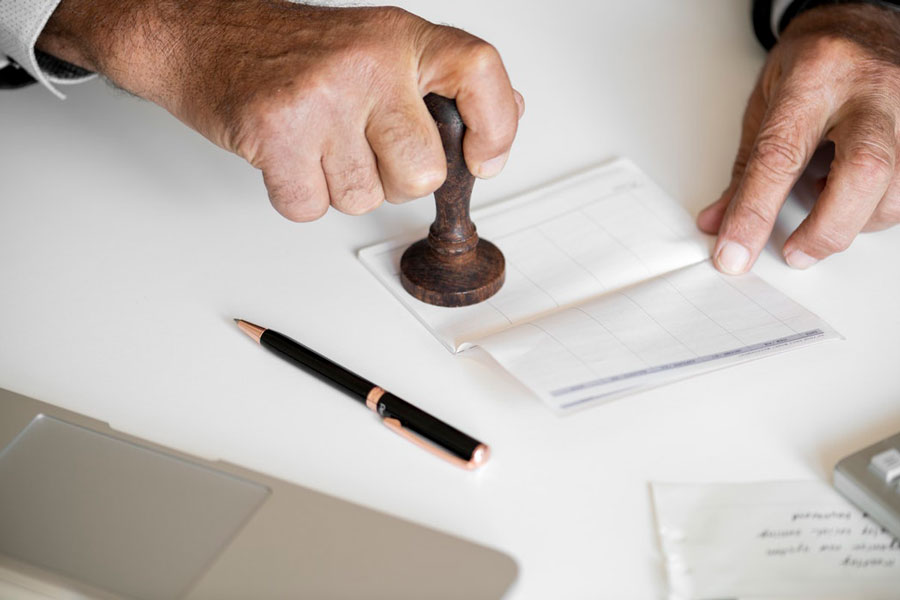Debt is one of the most terrifying words in any language. With millions of people going into thousands of dollars of debt every year, many start to wonder if there really is such a thing as good debt and, if so, how they can possibly get it and also learn how to maintain a good credit score at the same time. The truth is that you may actually be able to improve your debt by understanding credit scores and paying close attention to yours. All you have to do is know the steps you need to take to keep your debt manageable and not a burden.
Understand the Types of Debt
When you start working on building your credit and managing debt, the most important thing to do is to understand the types of debt out there and the risks and benefits of each. Credit cards tend to be the most common form of debt, as they make it quick and easy to borrow money with the swipe of plastic. They greatly vary in interest rates depending on your existing credit score, but, the better you maintain your balance on the card, the higher credit limits you can get and the lower interest rates you may accrue. Other types of debt, such as personal loans or mortgages, tend to have higher interest rates and do not really allow you to increase your loan amount over time.
Know What You Can and Cannot Afford
The real secret to maintaining good debt is to know exactly what you can and cannot afford at all times. If you have a high limit on your credit card and decide to make a big purchase but know that you don’t have the income to pay off the card, you will likely end up damaging your credit. However if you only make purchases you can afford or take out a loan that you know exactly how you will pay off without any problems, then you can likely better your financial status. Spending money you do not have, even when it is not directly yours, is what leads to people getting overwhelmed with debt and ending up in situations they cannot find a way out of.
Develop a Plan You Can Count On
Knowing how to maintain a good credit score starts with planning. In order to have good debt and great credit, it is essential that you lay out all the credit and loans you have, as well as the income you have available to pay off those borrowed amounts. The simplest way is to create a budget with all of your reliable income, mandatory expenses, and the amount of credit you have available. Then, make it a rule to spend only what you can truly afford on your credit cards or with any borrowed money.
Improve Your Credit and Financial Health
Remember that the purpose of lines of credit is to build your financial worthiness, not to afford things that you would not otherwise be able to. By only taking on debt that you can really pay off every month, you may be able to truly increase your credit score. Having a high credit score (above 700) allows you to get loans and other lines of credit with significantly lower interest rates in the future, so you can afford to make bigger and better investments all around.
Liberty Debt Relief can help you get out from underneath bad debt so you can start to rebuild your credit. Learn the value of good debt today, and get started on creating a bright and healthy financial future.






